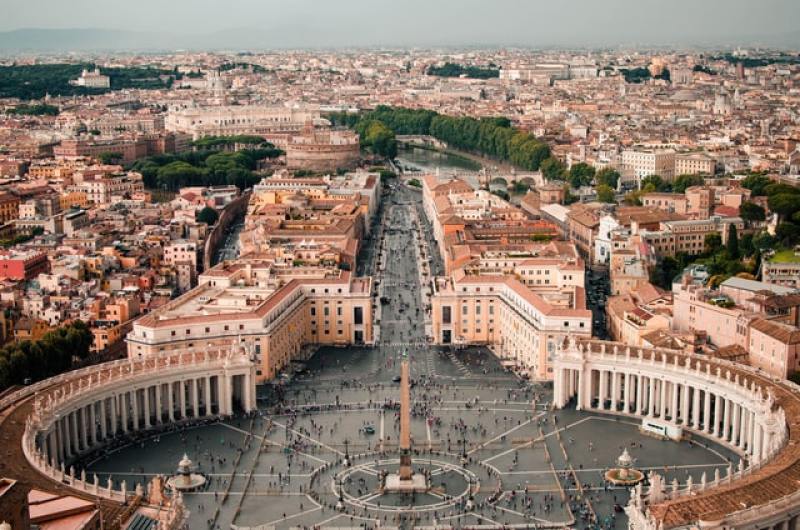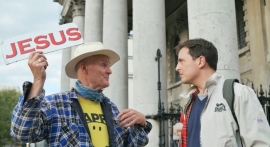
The Vatican is reportedly weighing ethical concerns about the vaccine booster shots needed since people in other countries haven't even received their first dose of the COVID vaccine yet.
The Christian Headlines said the Holy See's Pontifical Academy for Life President Archbishop Vicenzo Paglia raised the "double injustice" the booster entails to developing countries where difficulties of obtaining the vaccine are experienced due to financial constraints.
The Pontifical Academy for Life recently concluded its three-day 27th Annual Assembly with the theme "Public Health in Global Perspective: Pandemic, Bioethics, Future" on Wednesday and held a press conference on it early Tuesday morning. World Medical Association President Dr. David Barbe and National Research Council President Maria Chiara Carrozza, who are both speakers in the Assembly, were also present during the press conference.
During the press conference, Paglia also raised that the other health care needs of developing countries are being sidelined since much attention now is given to the pandemic. He stressed on the importance of having global equality in healthcare.
"This General Assembly intends to put Public Health at the center of the debate. We had never understood so well how much the health of every single individual is connected to the health of all individuals as in the last period: we are all interconnected, for better or for worse," Paglia said in his address during the conference.
"The privilege of some people at the expense of others is no longer admissible," he pointed out.
Paglia explained that the Assembly's backdrop is the encyclical of Pope Francis on "Fratelli Tutti" that speaks of every individual being "part of a single human family and no one will be able to save themselves on their own."
In addition, Paglia underscored this truth in relation to the need for health care, especially with regards to the vaccines. He said that "if the priority for Western countries is vaccines," then access to it should be made on an equitable scale globally. He highlighted that this is necessary to break barriers that impede access to public health.
"We affirm that life and health are equally fundamental values for everyone, that there will always be a free health care system," Paglia said.
"Let's not forget the first and most important lesson: to take care of our health, we must first of all be alive! And access to the essential goods for living must be guaranteed to everyone on our planet," he added.
"Only together, as brothers and sisters, will we be able to emerge from this crisis," he concluded.
Asked by reporters if the Holy See intends to receive the vaccine's booster shot, Paglia said that will actually be the pope's discretion. Paglia did express hope that the third dose would quickly become available at the Vatican, especially since he is already 76 years old.
Barbe explained during the press conference that the ethics in the distribution of the booster shot could be seen in the context of poorer countries struggling to administer the vaccine's first dose.
"Much effort and many resources have been put toward this already. They have not yet been completely successful. (While) there is an excess of vaccines in the more affluent countries," Barbe said.
Prior to the Assembly, the Pontifical Academy for Life have been pushing for the universal access to the vaccine. They called the "unequal distribution of vaccines at an international level a moral outrage." The Academy, in July during the International Roundtable on Vaccination, urged for "concrete actions" to be taken by "various international actors" to address this concern.
They said that the equitable global access is a prerequisite to a "successful global vaccination campaign", which would be coupled by confronting the vaccine hesitancy by "sending a clear message" that counteracts "vaccine myths and disinformation."
The World Health Organization have similarly appealed in August a moratorium on the COVID-19 vaccine booster of at least two months. The World Health Organization called the attention of rich countries to help improve the distribution of vaccines since poor countries are still awaiting their first dose.
Meanwhile, last August, the United States Food and Drug Administration through its vaccine advisory panel has voted against providing the Pfizer COVID-19 vaccine booster to everyone and only endorsed its administration to individuals aged 65 and older.




















